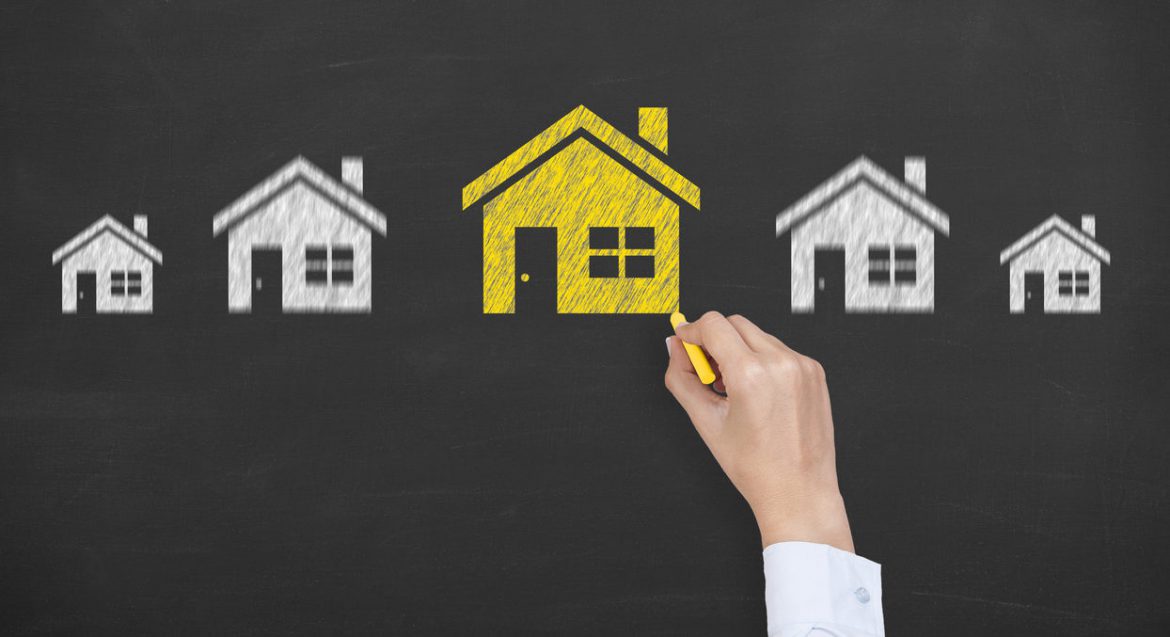
Start the New Year Strong: Why Down Payment Programs Should Be Part of Your Homebuying Plan

By Liz Keuler, Editor – Readynest by MGIC
It seems like a no-brainer, but the answer is actually, “Sort of – it depends.” I know, that’s not the quick answer you’re looking for.
A bigger down payment usually means more equity in the house right from the get-go, along with a smaller monthly mortgage payment. But while saving up for a large down payment is an admirable goal, there are many considerations to weigh when deciding how much is enough and when to buy.
You could save $5,000 a year for 40 years to buy a $200,000 house outright. No mortgage and no interest payments – after only 40 years of blissful renting (and rent increases), helping other real estate owners build their equity. Hooray! (Also, I’m not feeling great about how much house you’ll be able to buy for $200,000 in 2059.)
Of course, most people don’t take such an extreme approach to saving. But depending on how much you already have saved, waiting even just a few more years to buy can have financial implications beyond lost equity opportunities.
Home prices are likely to appreciate while you’re saving and waiting, and that could affect you in 2 ways: higher home prices and lost appreciation.
Let’s say you wait 5 years to buy that $200,000 house. At a 3% annual appreciation over 5 years (a conservative average estimate), that home would be worth $231,855. What you saved for a higher down payment is no longer worth quite so much as a percentage of the home price.
And had you not waited to buy, the extra $31,855 in appreciation over those 5 years would contribute to the equity you have in the home.
Appreciation and equity are big considerations, but there are many financial factors that might play a role in your decision whether to buy now or wait and save, including:
You may have heard the advice that the decision to buy a house should be practical, not emotional. For the most part, I agree – emotions can get in the way of making a logical decision about whether a home is worth the price, for example.
But for most people, the decision to buy a house at all is at least partially an emotional one, and why shouldn’t it be? Your desire for stability, privacy, freedom to make changes and improvements, more space for family or pets, or just for a place of your own – that’s part of the equation. You may not be able to quantify it, but if buying a home will improve your quality of life, keep that in mind as you consider how long to wait and save.
After pondering and calculating (MGIC’s Buy now or wait calculator or Rent or buy calculator can help), you may decide it makes more sense for you to start your homebuying journey now rather than waiting.
Depending on how much you’ve already saved, you may want to take advantage of loans and programs that can help make your purchase more affordable. Down payment assistance, a conventional loan with private mortgage insurance, or a loan guaranteed by the Federal Housing Authority or VA are all options to research and consider.

Liz Keuler is a marketing specialist for MGIC and the editor of Readynest, MGIC’s online resource for homebuyers. As a private mortgage insurance company, MGIC has been helping people afford homes with lower down payments since 1957.
Never want to miss a post? For more useful down payment and home buying information, be sure to subscribe to our mailing list.
